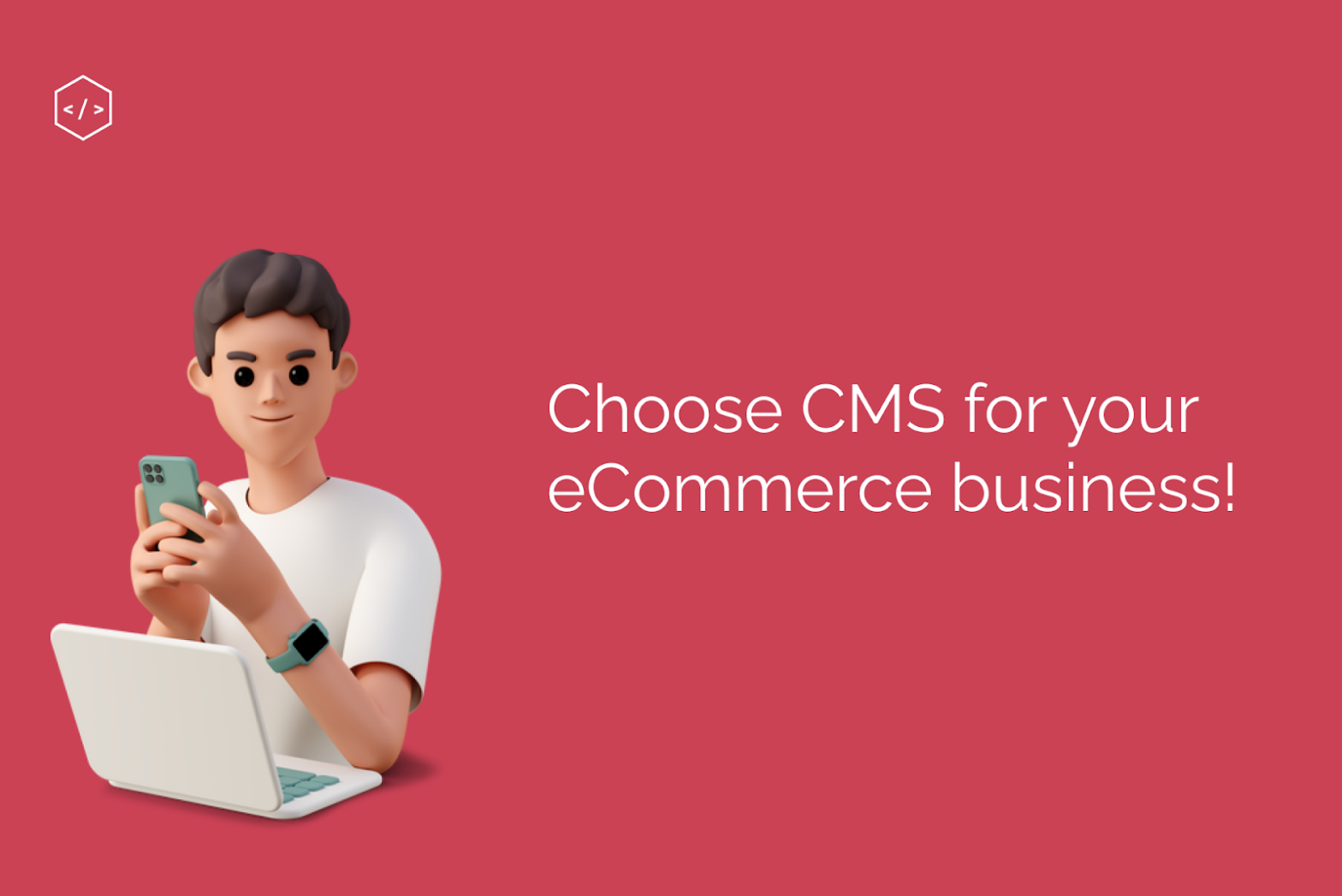An online store platform is an essential service for working with eCommerce. The choice of site depends on the goals of your project. In this article, we will tell you what criteria to use to choose an engine for an online store and what CMS can be used to create a practical resource.
Criteria for choosing an engine for an online store
Before launching a project, you need to decide on the choice of platform and study its key points. We have collected six criteria to help you find the right engine for your online store.
Popularity in the local market
A local interface will depend on this, simplifying the work of entrepreneurs who do not speak foreign languages. To assess the popularity of a resource, you can find the results of market research, see the number of engine downloads, explore the forums and clarify information from the platform’s clients.
Ease of setup and installation
It is essential if you are not an IT specialist and do not plan to turn to programmers for help. CMS should have a straightforward interface, a convenient management system, and simple settings. And if you have difficulties, the platform should be accompanied by manuals for each installation stage.
Functionality
It is one of the main criteria that will determine what your site will be like and whether you will be able to develop the project in the future.
What you need to pay attention to:
Is there an upload and download of data? For example, you have a catalog for 10,000 products – and driving in each production unit is quite time-consuming. Therefore, check how the file can be added to the system and what format it should be in. It is also essential to upload data for marketplaces.
Content formation. Here it is essential to check the availability of fonts, templates, proposed plugins, and blocks that will allow you to customize a modern site.
Increasing conversion. These can be integrations, blocks with banners on which you will place information about discounts, or different opportunities for creating promotional codes and seasonal promotions.
Collection of analytics. The platform should have a section with statistics to help you estimate the number of conversions.
Order management. In a CMS for an online store, it is crucial to collect and track the number of orders. It is a small CRM system that helps analyze customers and redirect data to other services – for example, to the logistics department or a full-fledged CRM, where you can maintain a database of customers and collect information about them.
Integrations
The store is a different resource. It would help if you connected integrations to interact with other business processes and automate them.
Additionally, you should be able to connect analytics counters, email newsletters, chat bots, marketplaces, social networks, call tracking, quizzes, and more.
SEO
Developing an online store with the help of search engine optimization is vital. Therefore, the platform should have the appropriate capabilities:
- Built-in traffic tracking systems.
- Working with metadata – tags, and snippets.
- Semantic core management.
- Sitemap generation.
- Image and video optimization.
- Working with canonical links
- Formation of a human-readable URL – so that the user understands which page he is on and can remember the name.
Price
In paid systems, a large selection of tariffs is presented, but there are a lot of free sites. The main thing is to evaluate the functionality of each and choose what is suitable for your project.
Paid platforms have many significant advantages:
- High level of security.
- Many templates, plugins, modules, integrations, and more exist.
- Prompt technical support.
- The ability to quickly choose a domain and hosting.
In free versions, the functionality is limited – as a rule, it makes it possible to create only a small and simple online store.
Which CMS to choose for an online store to keep a customer
And in this section, we will consider the functionality of the CMS, which will help the user to interact with the online store comfortably.
Having a personal account
The customer should be able to track and review their order, save or save items they like, and enter shipping addresses in advance to simplify the purchase process in the future.
Basket
This element must be accessible from any page so that the user can check the selected product and its quantity. When placing an order, the user can, for example, buy in one click and automatically go to the basket or set aside the product and checkout later.
Adaptability
People are increasingly buying goods through smartphones – an online store must be adapted for mobile devices. Check if the CMS has suitable templates or if additional plugin integration is needed.
Payment Methods
The platform should support several payment options: mobile wallet, bank card, money transfer, etc. It will help the client choose a convenient payment method, which means keeping him.
Feedback
Leave customers the opportunity to write a comment under the product card or in a particular feedback form. Remember to post customer reviews so new visitors can learn from other people’s experiences, learn valuable information, and place an order.
